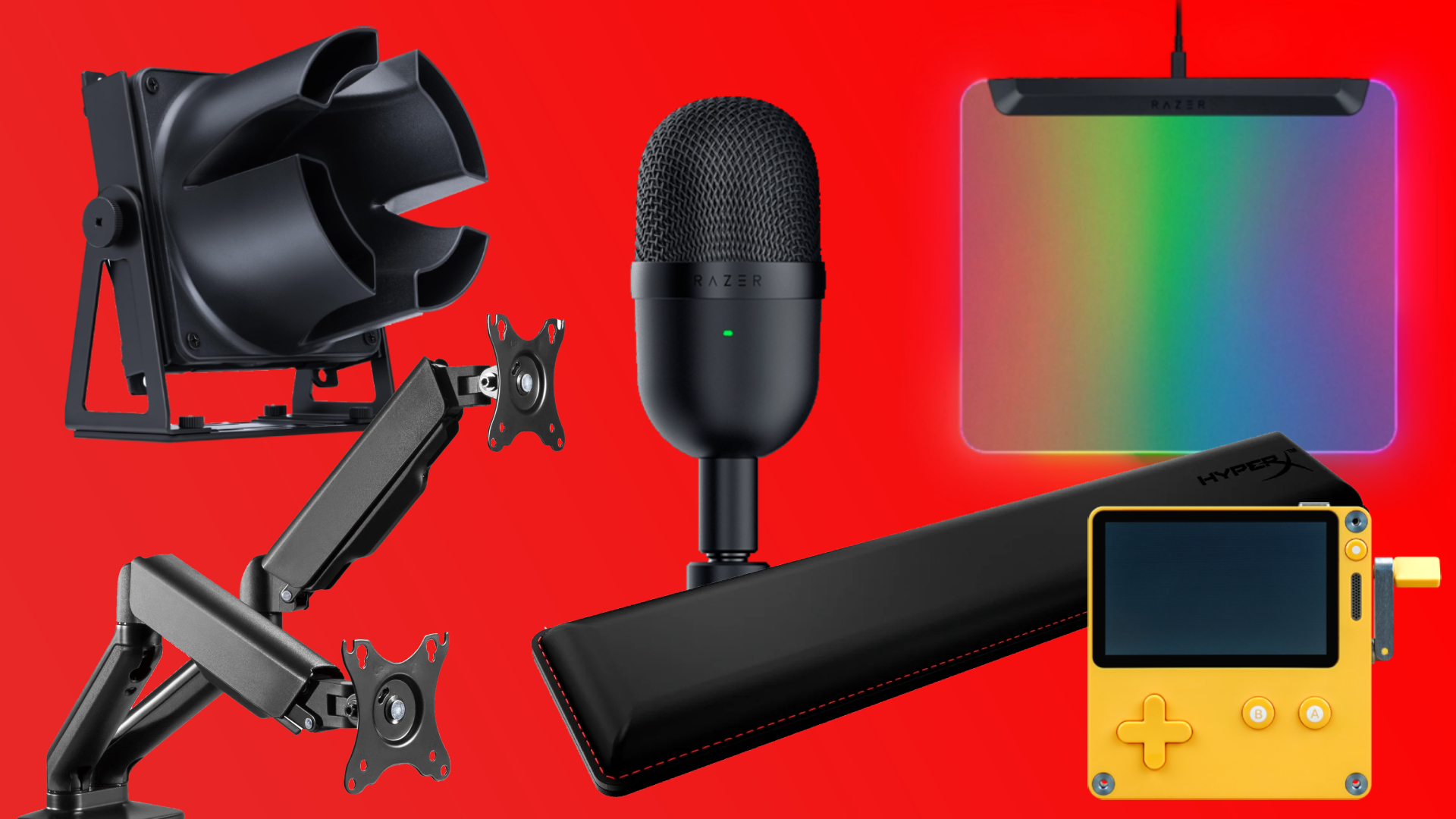
We spend our time here at PC Gamer towers testing and reviewing all sorts of hardware: GPUs, CPUs, gaming chairs, mice, you name it. But sometimes, it's the little things that make all the difference.
After all, while the hardware that sits inside your PC is important, it's often the little things surrounding it that interact directly with the wetware sitting in front of the screen (that's you, that is).
When push comes to shove, something as simple as a really good mouse mat can be the difference between a pleasant gaming experience, and a nasty one. We've all got something on our desk or in our gaming area that over delivers, and it's high time they got the time in the sun they deserve.
So what unassuming bits of gear do we use everyday that deserves a mention? I asked my fellow PC Gamer hardware team members for their top picks, and they told me to go back to work.
Then they answered me—and because they were so mean about it, I decided that I would put my response first on the list:
A good desk fan
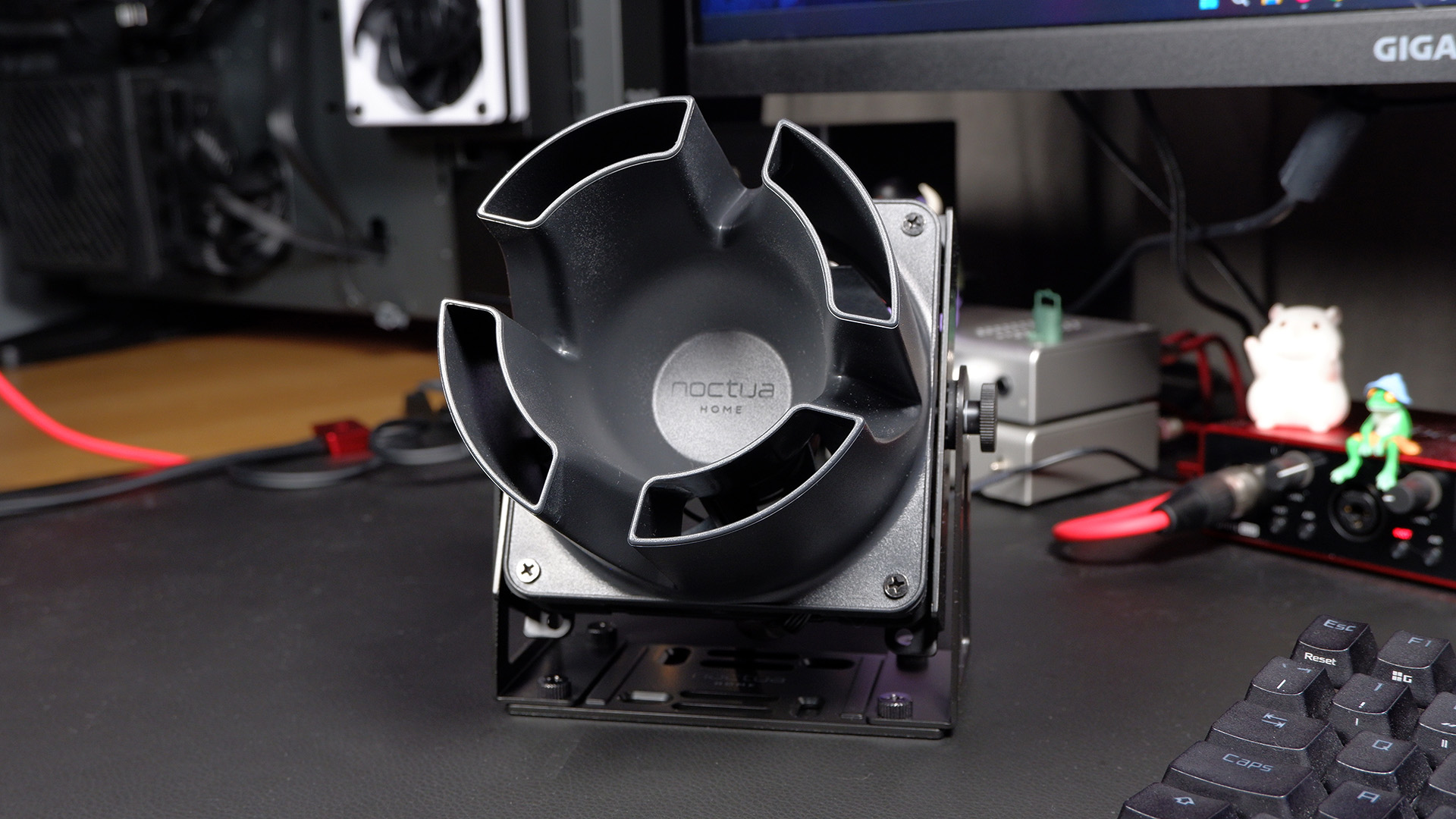
Andy Edser, hardware writer:
My pick is a relatively new addition to my life, and one that, given British summertime did eventually arrive in typically belated fashion, quickly became essential: the Noctua NV-FSI desk fan.
Look, I'm not going to mess around here: it's too expensive for a fan. And many other great desk fans are available for much cheaper at various retailers. But this Noctua unit has quickly won a place in my heart (and on my desk) for delivering a fast, consistent volume of deliciously cool air right to my face.
This sounds like a small thing, sure. But having spent the summer sheltering from the scorching heat of the British sun (stop laughing, rest of the world), it really has made sitting in front of my PC like the shut-in I am much more pleasant.
It's remarkably quiet, too. Plus, the dangly little controller has oversized lights and a tiny dial, and there's a certain over the top, cyberpunk-dystopian cool to having an ominous black doohickey on my desk that helps protect me from the oncoming climate apocalypse.
I digress. Buy a good desk fan. Plus, if you like flight sims, you can wear a scarf and pretend you're a WW1 flying ace. That's worth the price of entry alone, if you ask me.
A fire and forget mic
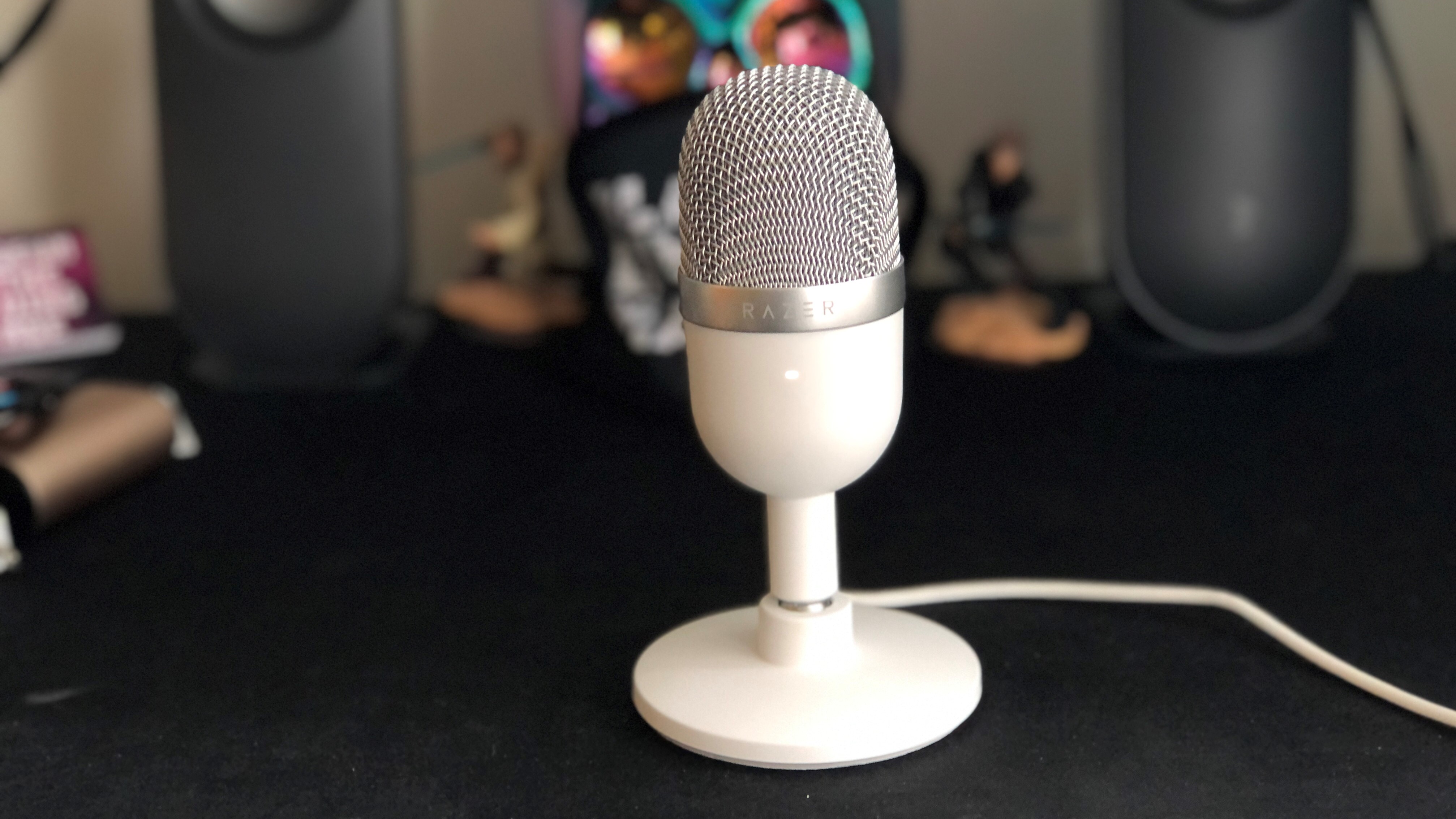
Dave James, editor-in-chief, hardware:
I'm no streamer, I'm no voice-over artist—despite very much having a face for radio—but I still need a good microphone to use in my day-to-day life. Now, my headset of choice, the Audeze Maxwell, does have an excellent boom mic you can attach to it.
It sounds rich, and warm, but simply will not stay out of my goddam way. Unless I remove it, and that's a pain in the posterior as I will inevitably either lose the thing or jump onto a meeting wondering why no-one can hear me only to realise I've not plugged it in.
And what if you want to use some smart desktop speakers instead of a headset? Enter a dedicated microphone. But I'm not an audio engineer, and I don't want to have to set anything up. Hell, I don't even want a mic to have any buttons.
So, thank Sneki Snek that Razer created the Seiren Mini, a cute little lollipop of a microphone that will happily and unobtrusively sit on your desktop just waiting for a time when it needs to be used.
It is the epitome of plug-and-play, requiring no setup, no tuning, and no twiddling of dials. I've not even bothered with Synapse. It may be cheap, sometimes down to $35/£35—though less often as stocks dwindle—but she's got it where it counts. The internals are ripped directly from its larger sibling, the Razer Seiren and that means it's got great supercardioid sound pickup and a level of audio quality that belies its price.
A smooth, hard-top mouse pad
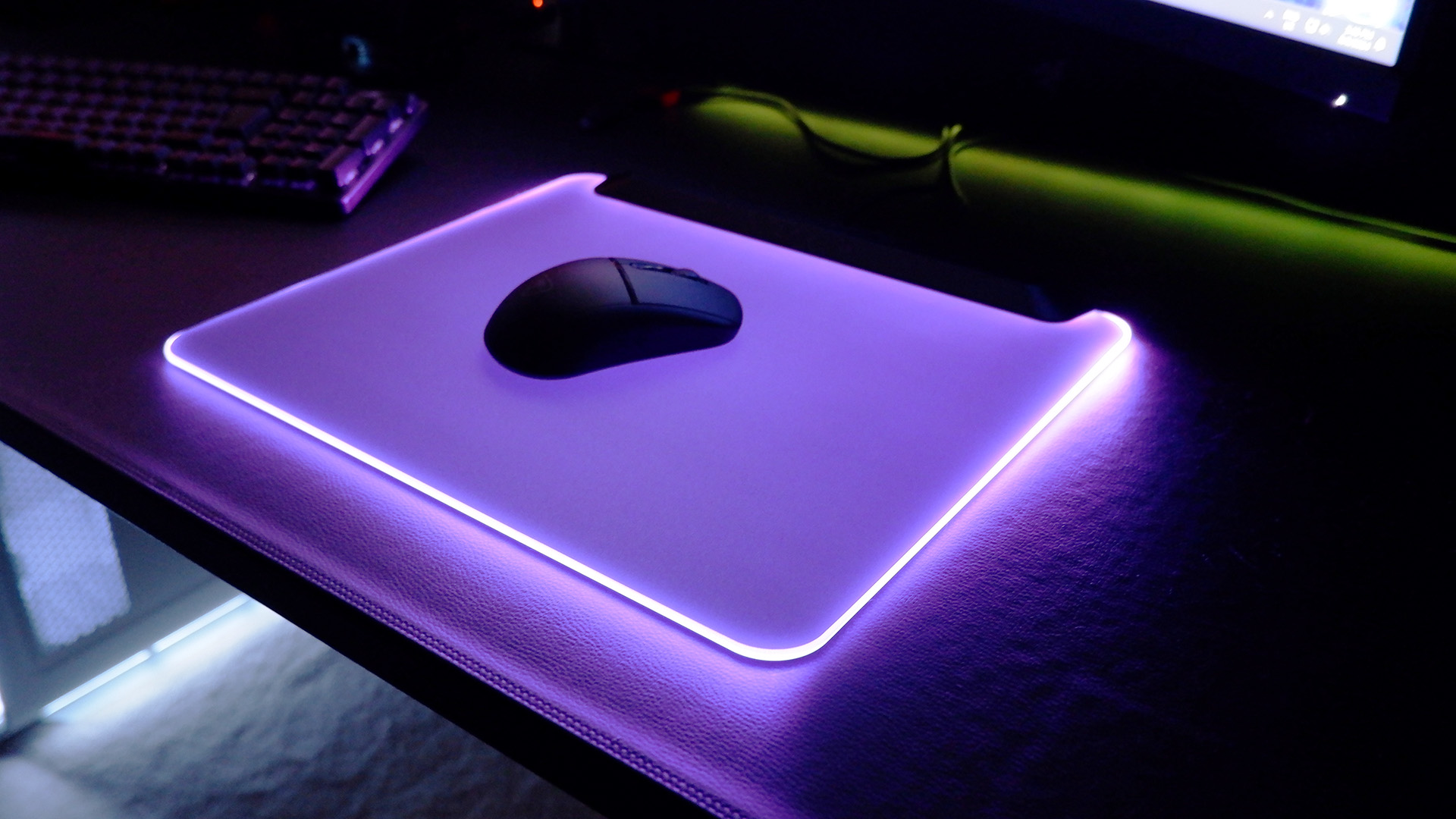
Jacob Ridley, managing editor, hardware:
A hard mouse pad. That's my pick. I wasn't convinced there were many, if any, tangible benefits to a hard-top mouse pad—until I got one. Razer sent over the Firefly V2 Pro to test for our best mouse pads for gaming guide, a hard-top pad with RGB fixings, and I've used it ever since.
My mouse glides across the surface like—insert ice skating analogy here—and it highlights the differences between a cheapo mouse and an amazing one with smooth feet more than most made out of softer materials. A hard-top mouse pad is also much easier to clean. I can wipe this one down with the rest of my desk and not worry about staining it with thermal paste—that happens more than I'd like to admit.
Such a thing is a luxury, no doubt, but if you've already got the PC, mouse, keyboard, and monitor, maybe the missing piece of your competitive setup is a quality pad. Whichever one you like, providing it's smooth and reasonably sized. Honestly I could take or leave the RGB lighting on the Firefly V2 Pro, though it is a great backdrop for product photography.
Monitor arms
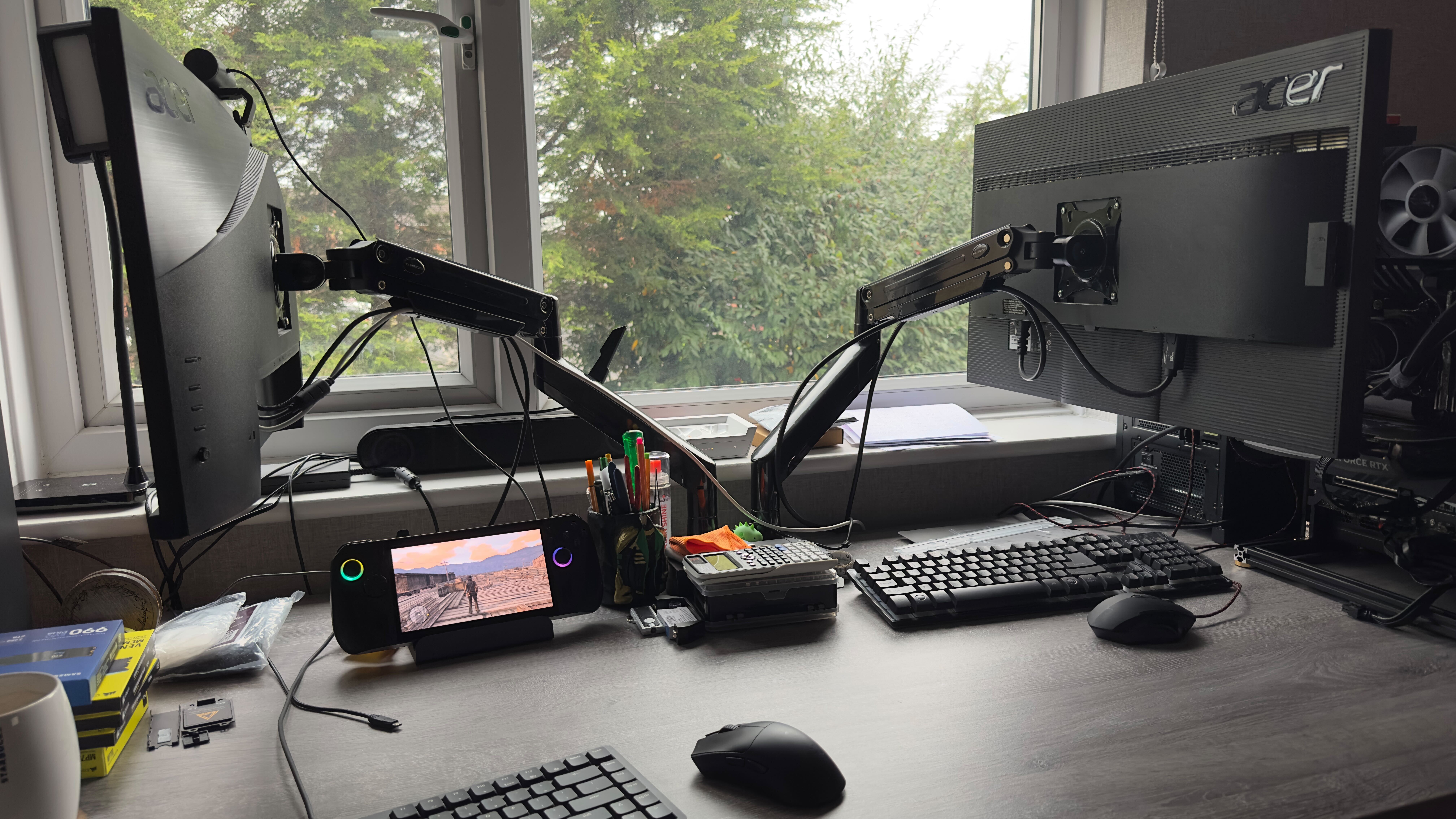
Nick Evanson, hardware writer:
I'm not a fan of mouse pads or wrist rests, and the like, as the materials used always seem to flare up my skin. Ergonomic mice and keyboards are hardly simple pieces of equipment either, so they don't count here. That all said, there is one piece of kit that I simply can't live without and I recommend them all the time, to anyone willing to put up with my ramblings.
What is it? A monitor arm or in my case, two monitor arms. Decent ones aren't super-cheap but you don't have to spend a fortune, either. Even a basic one will make a huge difference to your PC space.
The best gaming monitors tend to come with a decent enough stand but the base takes up so much space, especially those that have a 'spikey leg' design rather than a flat plate. But it's not just about clawing back valuable desk space. A nice monitor arm will let you position a monitor in exactly the right position for you.
And should you temporarily need a bit more room on your desk, a monitor arm makes it a piece of cake to swing the screen out of the way. It's the same thing with the cables, as most arms let you run DisplayPort or HDMI cables in a tray of some kind to keep them out of the way.
I can put up with working in a boiling hot office, full of PCs, and even suffer not having any ergo peripherals, but armless monitors? No siree, thank you very much.
Wrist rests
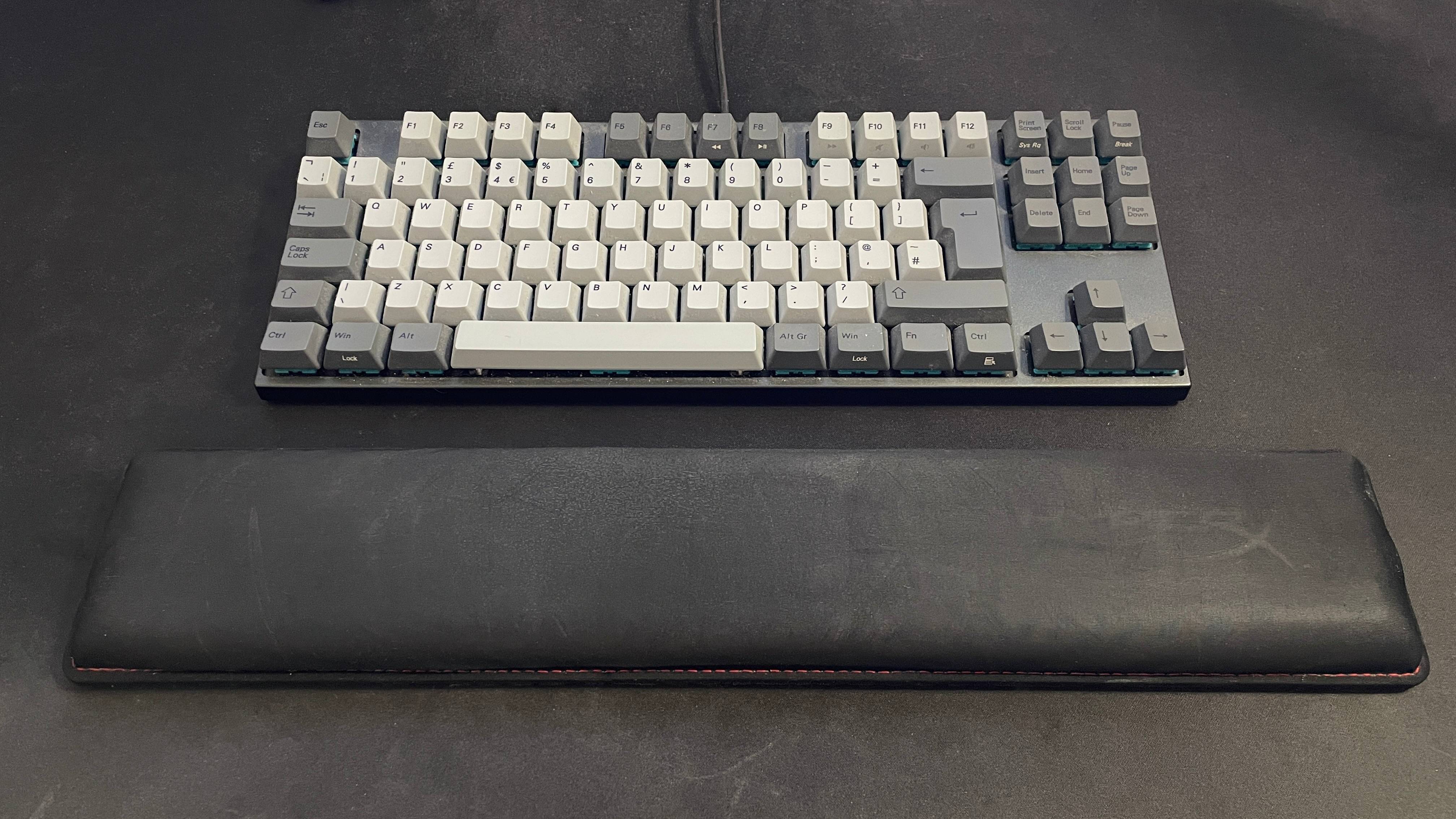
Jacob Fox, hardware writer:
Listen, there's nothing wrong with wanting things just right about your setup, especially if it's where you spend most of your day. This includes desk and chair height, monitor height, and so on, but it also includes wrist height. Getting wrist height just right is something a great wrist rest can solve, and this HyperX Wrist Rest is the best one I've tried by far.
People have long recommended leaving your keyboard's feet tucked away because it's easiest on your wrists to do so. Keeping your wrists straight when typing (or gaming) reduces strain, but if you try to do this without a wrist rest you'll have to keep them elevated off the surface, which is a difficult feat over long stretches. Thus the existence of wrist rests.
This cooling gel memory foam one from HyperX just happens to be the best I've tried, and not because it keeps cool (though that is a bonus). The reason it's so good is because it has just the right amount of give to it. Hard wooden wrist rests are great for preventing wrist strain, but they don't feel relaxing to use. Soft ones, on the other hand, are often too soft, which defeats the purpose.
HyperX's wrist rest gets the balance just right, in my opinion, and that's why it's been a centrepiece on my desk for almost four years now. Plus, apart from some surface marks that will disappear after cleaning, it's remained pretty much good as new. I'd recommend it to anyone.
The perfect distraction
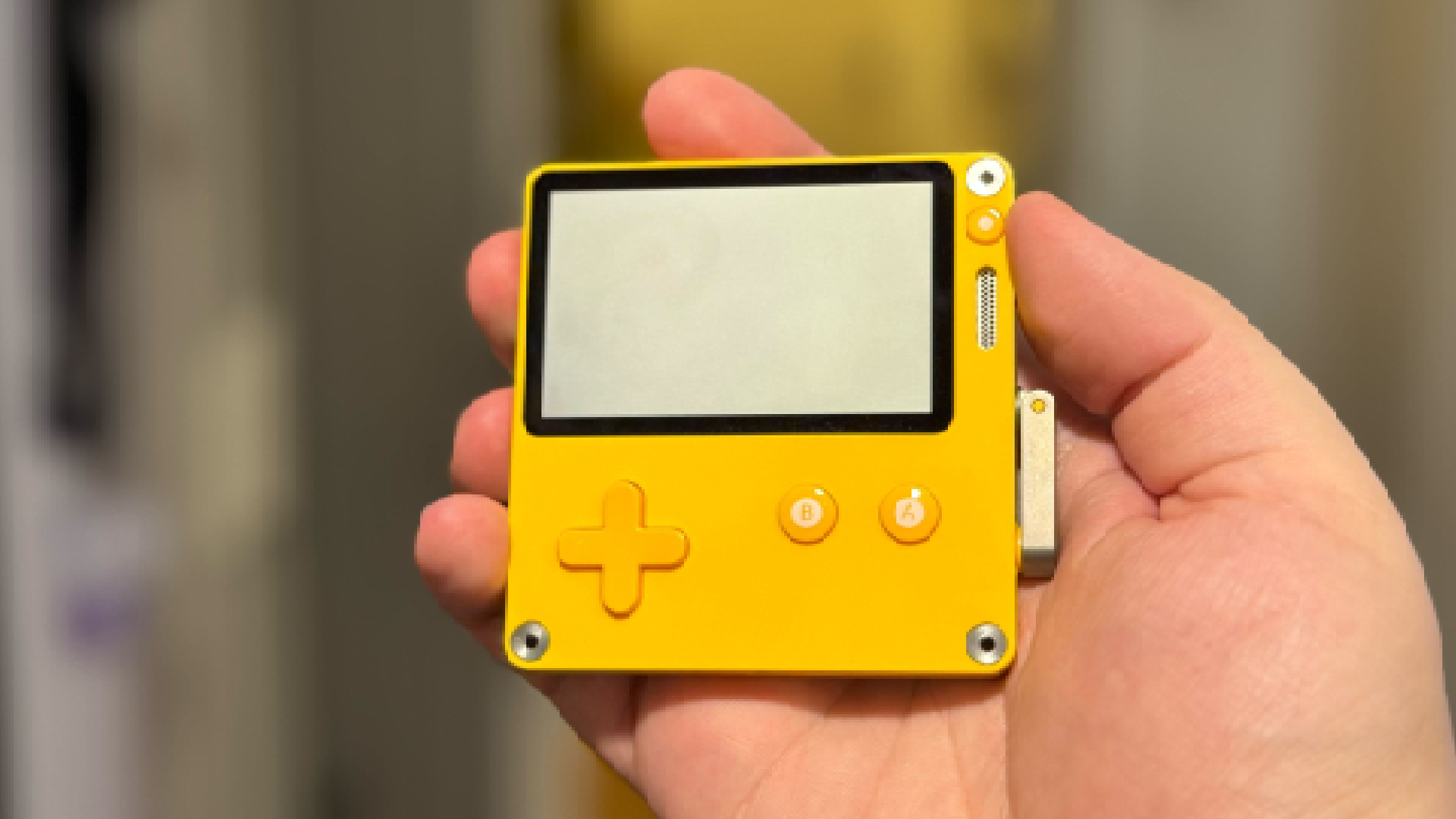
James Bentley, hardware writer:
I adore Panic's PlayDate, a tiny, bright yellow games console with a crank on the side to replace the triggers, joysticks, and all those things you expect of post-2000 controllers. It sits eternally on my desk, thanks to its litany of tiny indie experiences and great time wasters. When I feel the need to look away from the screen, or just need a moment to myself, and don't want to brave the hills of Bath, this is the perfect getaway.
Conjuring images of the original Nintendo GameBoy, the Playdate lacks a backlight and, with just the crank, a few buttons, and a D-Pad, games are forced to be fairly simplistic in their approach. This doesn't mean they can't get complex with time, of course, as is shown by the wealth of RPGS, roguelikes, and more.
That technical limitation has led to an explosion of creativity that you kinda just have to see to really understand, which is unfortunate as this thing will set you back a few hundred bucks.
As a peak behind the curtain here, I have wanted a Playdate for years. As a bit of a tradition with me and my partner, we have always agreed I can get one outlandish and kind of silly bit of tech every time I get a job—and the Playdate was my choice for my current role at PC Gamer.
Spoiler alert, I got it. But the funniest part of this story is that my partner actually bought it for me after my first interview. A cocky act of defiance to the hardware gods (otherwise known as Dave and Jacob), this is a reminder of the faith she has in me, and just an excellent little thing to play with on my desk.
This yellow little console feels bright to me in more than one way, despite the lack of a backlight.







